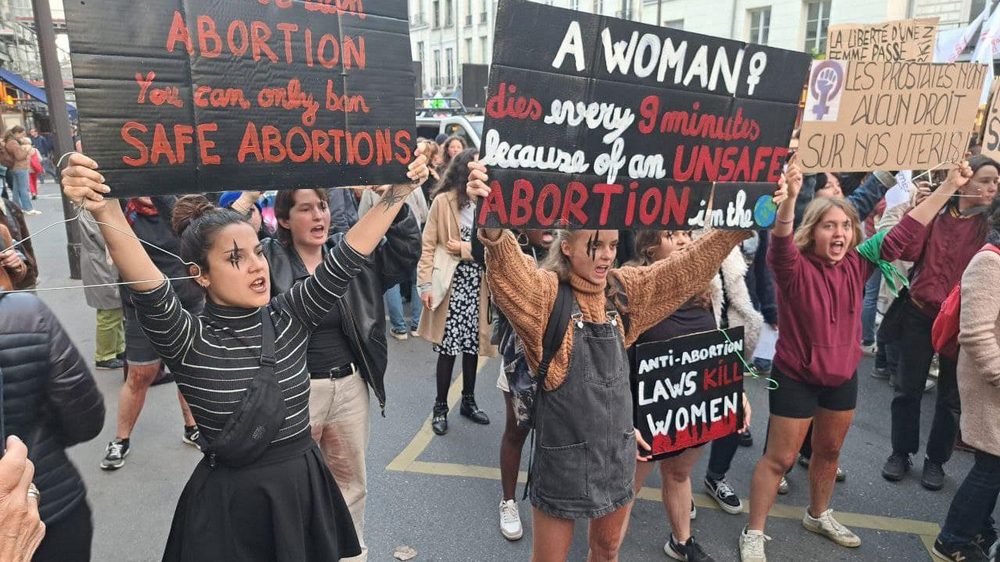Two bills were recently debated in the French National Assembly, both of which advocated the inclusion of the right to abortion in the French constitution. One of them - signed by Mélanie Vogel, the avowedly lesbian co-chair of the European Green Party - was rejected by the right-wing majority senate in October, and the other was discussed by the legal committee of the national assembly on November 9. The proposals are evaluated in a recent article by Nicolas Bauer, a staff member of the Strasbourg-based European Center for Law and Justice (ECLJ), a doctoral student in human rights at the University of Strasbourg.
The well-known lawyer notes: the presenter of the first bill was Aurore Bergé, the chairperson of the liberal Renaissance group, who had already shown her determination for the cause, barely a month after giving birth to a little girl, she was ready to return to defend her position.
The second bill will be brought by Mathilde Panot, president of the left-wing opposition party alliance La France Insoumise-NUPES, who "campaigns not only for the inclusion of abortion in the constitution, but also for the abolition of the right to conscientious objection to abortion," adds Nicolas Bauer.
If the National Assembly accepts one of the two bills, it will not be enough to include abortion in the constitution, the specialist believes. He points out: the text should be accepted by the Senate under the same conditions and then approved by the referendum. Because of the rejection in October, the majority in the Senate is unlikely, and the referendum is also risky. The only initiative in the world that included the inclusion of abortion in the constitution was rejected by 62 percent of the population in Chile in September, despite previous very favorable opinion polls, the lawyer points out.
In his opinion, by including it in the constitution, the left wants to "sanctify" abortion as a value at the heart of the social contract. "The wording of the bills places abortion above other fundamental rights, making it an absolute right that no one can violate and no one can be deprived of," emphasizes the ECLJ researcher.
He states: "including abortion in the constitution would have catastrophic legal consequences. When a fundamental right is absolute, it means that it cannot be limited by the rights or needs of others or by the public interest. If the absolute right to abortion is included in the constitution, it will trample everything in its path, for example, the legal time limit would also become unconstitutional."
The human rights expert also points out that the idea of the French liberals is not to interpret (!) the constitution in such a way that it includes the "right to abortion", but to specifically include such a right in the constitution. Only one country has done this so far: Tito's socialist Yugoslavia in 1974, warns Nicolas Bauer. According to him, the method is actually not liberal, but left-wing: to "lengthen" the constitution so that it includes all the "values" of the left. While there are 89 articles in the French constitution, abortion was included in the 191st article out of 406 articles in the Yugoslav constitution, adds the expert lawyer.
He recalls: in a newspaper article, France was called upon to follow the Yugoslav socialist model. The article was retweeted by Senator Mélanie Vogel, the author of one of the bills, and liked by Élisabeth Moreno, former Minister of Gender Equality.
The featured image is from Mathilde Panot's Facebook page.













